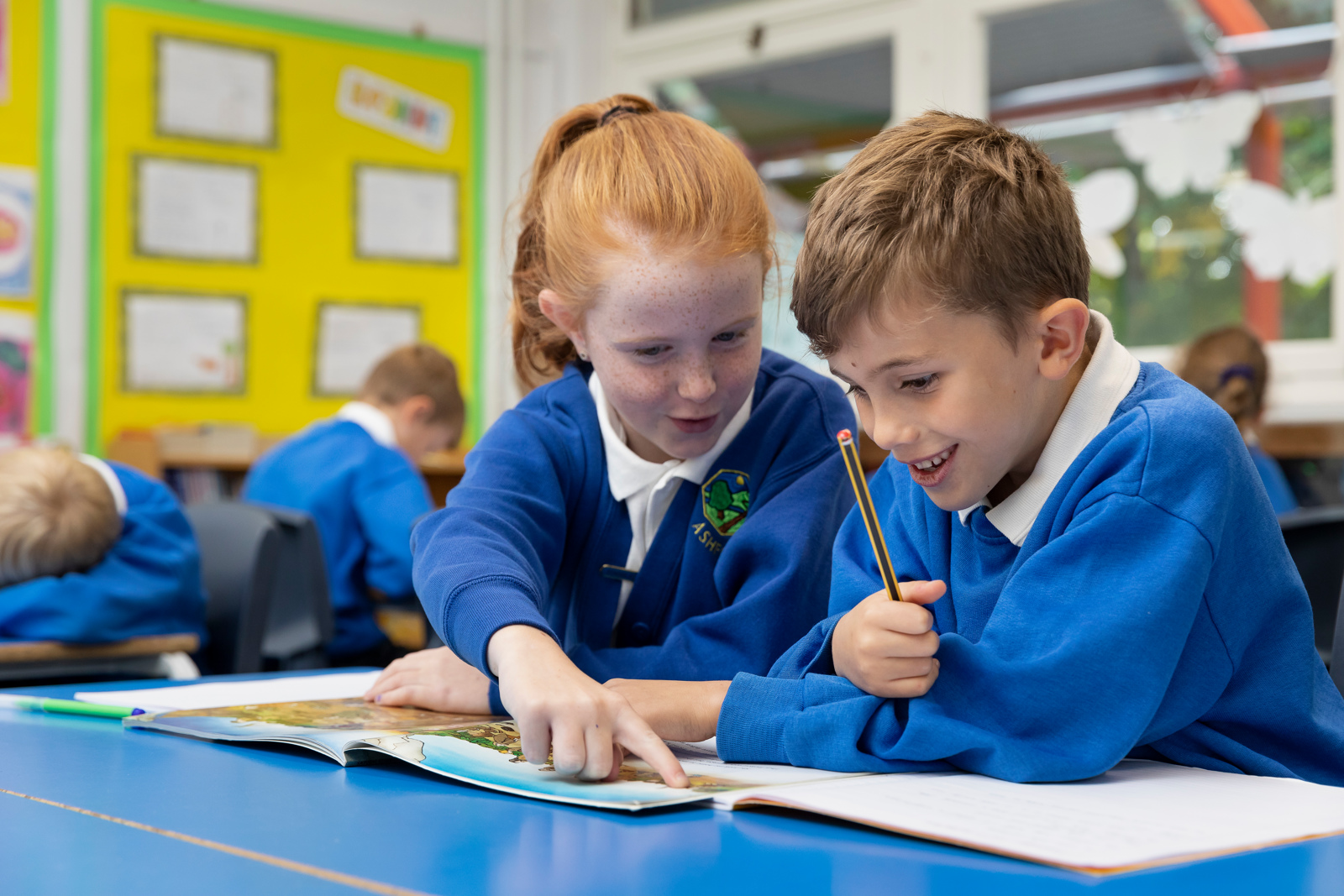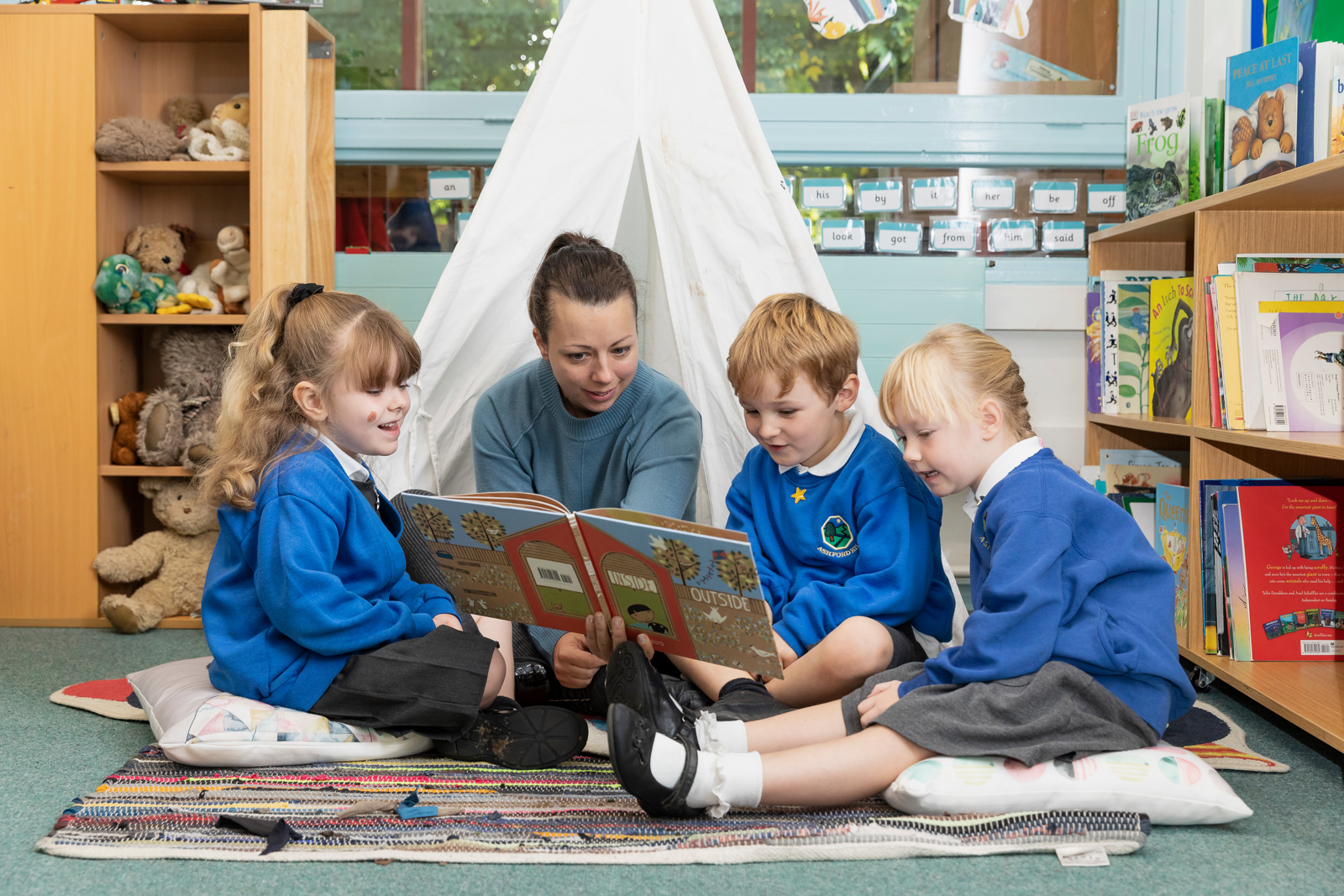Geography
Intent
At Ashford Hill, we aim to engage all children with an enthusiasm and care for the planet on which we live. Through our Geography curriculum, we aim to expand geographical vocabulary, increase our children’s knowledge and curiosity of the wider world and help them to become caring global citizens working towards a sustainable future. We seek to create a life-long love of the subject, through teaching our children about diverse places, people, cultures and resources. Through the study of natural and human environments, as well as physical and human processes, our desire is to provide our children with a sense of awe and wonder about the world they live in. As they continue their journey of Geography, we aim to foster a deep understanding of the subject that develops alongside their geographical skills. Our curriculum is designed to provide our children with the subject specific language they need to describe, question and discuss the world, as well as their place in it. We aim to produce well- rounded individuals by providing our children with opportunities to expand their cultural capital and experiences of the world.
Implementation
We implement a curriculum that uses the Cornerstones Curriculum as its basis. It is well sequenced and progressive and builds across the whole school. Geography is taught as an individual subject in KS1 and KS2 with links made to other areas of the curriculum where possible. Geography units are taught in the Autumn Term and Spring Term, with EYFS and KS1 following a 1 year cycle and KS2 following a 2 year cycle.
Geography in EYFS
Our knowledge of geography begins in EYFS, where children begin to develop a sense of place and acquire a wide range of geographical vocabulary through the learning area 'Understanding the World', where children are encouraged to make sense of their physical world and their community. The use of fieldwork outside of the classroom is planned to immerse children in the key content of their learning and to encourage children to think and act like geographers.
Geography in KS1
In KS1 children are introduced to, or revisit, critical geographical concepts, aspects, skills and knowledge. They study the geography of urban environments and the physical and human features of the United Kingdom and carry out a detailed study of coastal geography.
Geography in KS2
In KS2 children further develop their skills, knowledge and understanding of key geographical aspects and concepts. They study physical features and geographical phenomena, including earthquakes and volcanoes; a detailed study of the physical features of mountains and rivers, which includes opportunities for in-depth fieldwork; farming, agriculture and rural land use and an in-depth analysis of the characteristics of the polar regions, including environmental issues.
We support learning with visits to inspire our children and widen their cultural experiences.
Impact
Our Geography curriculum will ensure that children:
- Use appropriate geographical terms;
- Develop their locational knowledge of places around them and in the wider world;
- Develop geographical skills and use fieldwork to observe, measure and record the human and physical features of different areas;
- Describe and make links between situations and changes within and across different periods and societies.
Children record their geographical learning in different ways. Evidence is dependent on the lesson objective; year groups and key knowledge and skills being developed. Teachers use a range of assessment tools, including summative and formative assessments, to indicate the progress children have made and the key knowledge they have gained. Assessment opportunities are carefully chosen to consolidate both substantive and disciplinary knowledge to develop children's geographical understanding of the big geographical concepts. At the end of Foundation stage, the children are assessed against the progress descriptors in their Foundation Stage Profile. At the end of KS1 and 2, the children are assessed using teacher assessments/judgement which is also informed by end of unit assessments.




